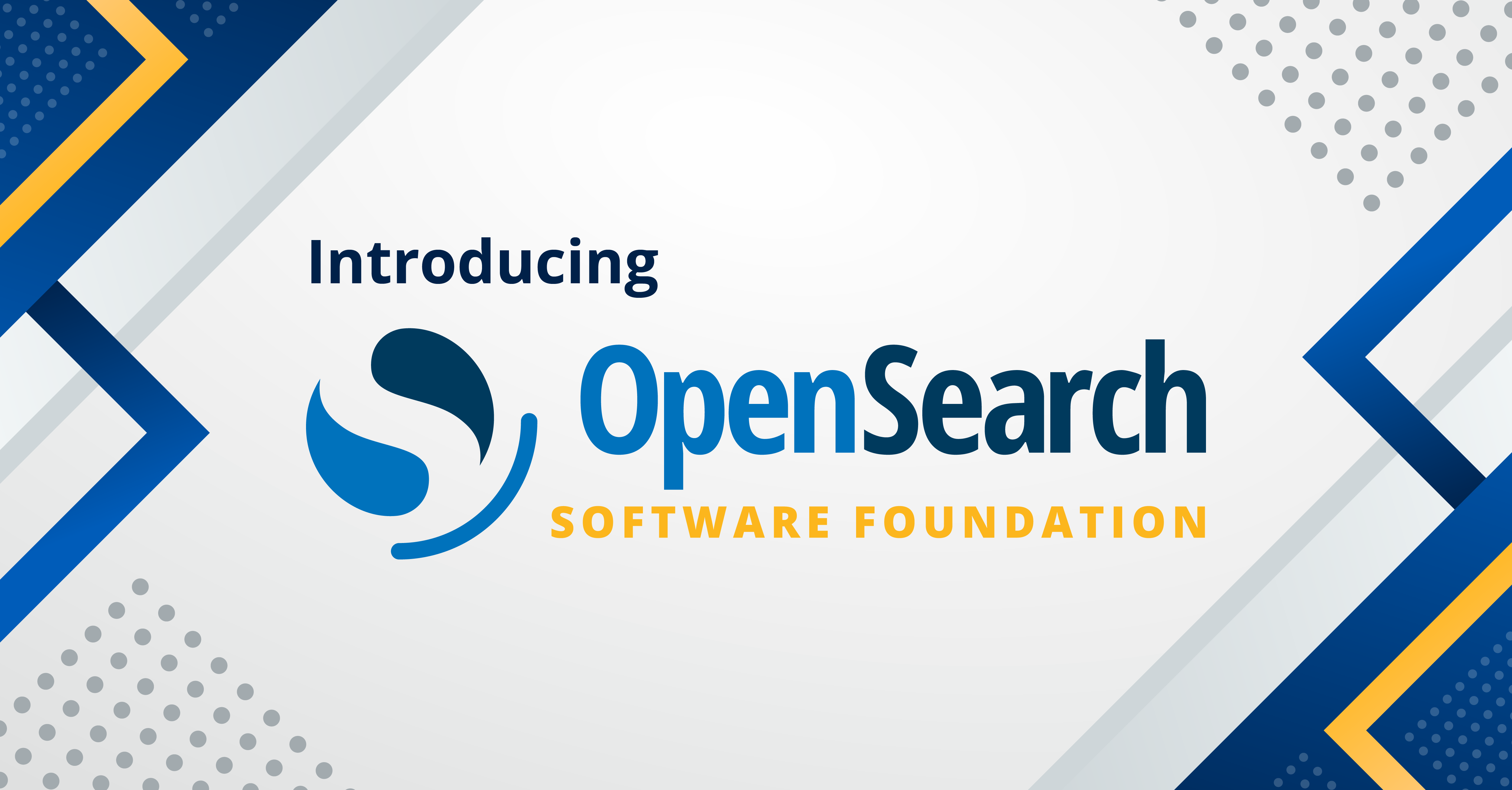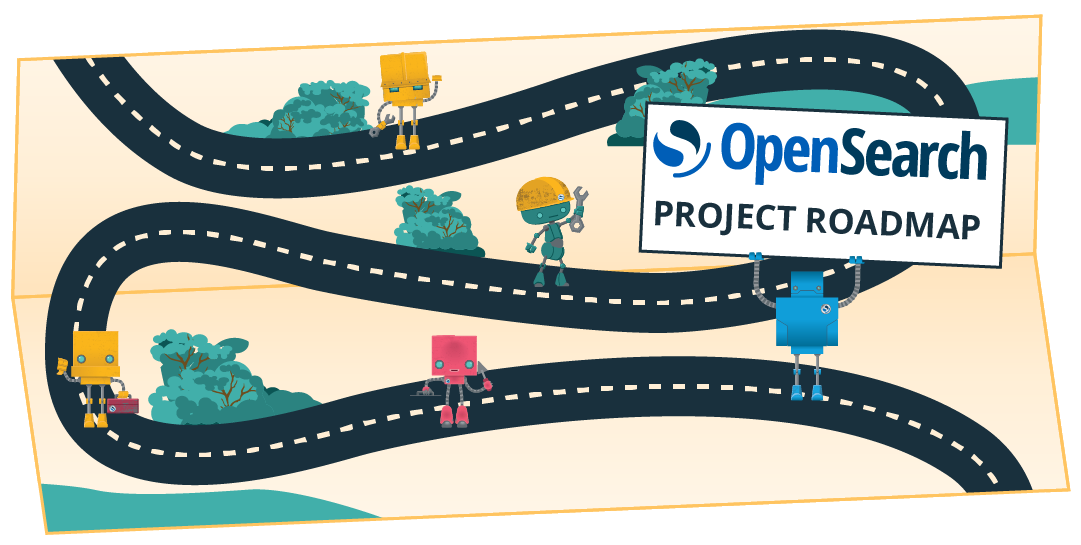Building OpenSearch 1.1 Distributions using Automation
The Open Distro for Elasticsearch was a package containing open source Elasticsearch and a dozen open source plugins. Open Distro’s release process began by picking up a stable version of Elasticsearch OSS, incrementing all the plugin version numbers, and going through a development cycle. Plugins went from -SNAPSHOT to -beta, then -rc, then finally to a release.
This worked well until the OpenSearch fork. It was decided that OpenSearch would be a product with two distributions at launch: a full distribution that included a dozen plugins, and a minimal distribution without any plugins. This made sense because most users either wanted a well-tested distribution with everything, or preferred to assemble their favorite flavor of all the parts.
The full distribution of OpenSearch 1.0 was similar to Open Distro, but with one major difference - the OpenSearch fork of Elasticsearch OSS was developed in parallel with its plugins. The complete distribution of OpenSearch and OpenSearch Dashboards effectively became two monoliths that spanned multiple GitHub repositories. Using OpenSearch as an example, one could not develop all the moving parts simultaneously, while having stable dependencies of OpenSearch, common-utils, or job-scheduler, to name a few.
Starting with OpenSearch 1.1, the entire distribution is built from source, end-to-end, orchestrated in this Jenkinsfile by invoking a manifest-based workflow. This includes a release and a snapshot build for x64 and arm64 CPU architectures, executed as follows.
- Given an input manifest committed to GitHub, build all components from source, and generate a build manifest.
bundle-workflow/build.sh manifests/1.1.0/opensearch-1.1.0.yml - Use the build manifest produced above to assemble a distribution.
bundle-workflow/assemble.sh artifacts/manifest.yml
Artifacts are published to ci.opensearch.org. For example, here’s the x64 build manifest and a distribution manifest from build #405, which is OpenSearch 1.1. If you examine the latter, you’ll find a link to opensearch-1.1.0-linux-x64.tar.gz and opensearch-min-1.1.0-linux-x64.tar.gz. These are unsigned and untested outputs from daily CI, and therefore should not be used in production.
In parallel, a snapshot workflow builds and publishes -SNAPSHOT maven artifacts to aws.oss.sonatype.org.
A test workflow is executed for each build, and consists of integration, backwards compatibility and performance tests. The test orchestrator pipeline will be a topic for a future blog post.
Tested artifacts are signed and promoted to a release. The signing step takes the manifest file created from the build step, and signs all its component artifacts. Packages are manually uploaded to opensearch.org, while maven artifacts are staged and then promoted to Maven Central.
Here’s a quick cheat-sheet for reproducing the build process for a complete distribution of OpenSearch 1.1. You will need additional tools, including maven and cmake, to compile some of the components.
git clone https://github.com/opensearch-project/opensearch-build
cd opensearch-build
git checkout 1.1.0
./bundle-workflow/build.sh manifests/opensearch-1.1.0.yml
./bundle-workflow/assemble.sh manifests/opensearch-1.1.0.yml
This system will be reused for OpenSearch Dashboards in 1.2, see opensearch-build#158.
The signing process continues, for now, to rely on an existing signing system and all our jobs run from a private Jenkins setup. This is entirely for historical reasons. The OpenSearch team at AWS relies on a significant amount of costly hardware procured and managed by AWS (e.g. I use a c5.18xlarge instance for development). We are in the process of making the Jenkins instance public, open-sourcing its CDK setup, and open-sourcing all remaining tools.
The build process described above runs parallel to development of individual components. It’s always challenging to code against moving dependencies, and we are starting to think about the long term future of these systems. We’d like to untangle the monolith, enable plugins to declare a compatibility matrix, and much more. In the meantime, we welcome anyone who would like to brush up their Python skills by contributing to the opensearch-build scripts, and could use some help bringing OpenSearch and OpenSearch Dashboards to various OS-specific distribution mechanisms, such as Windows, similar to this community port to FreeBSD.



